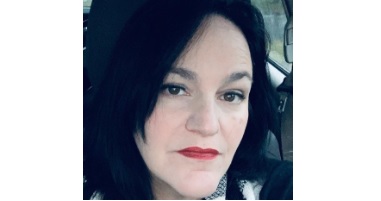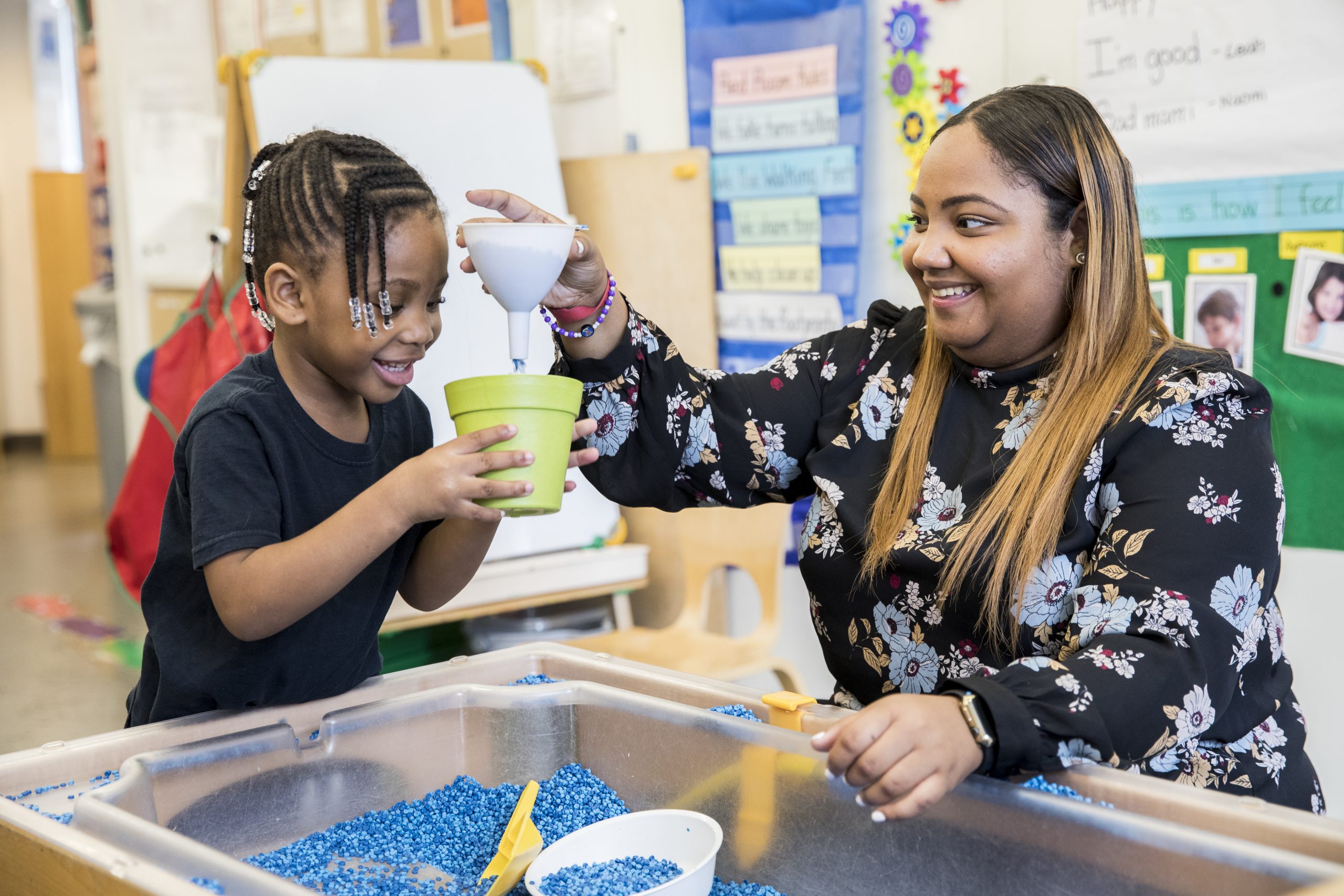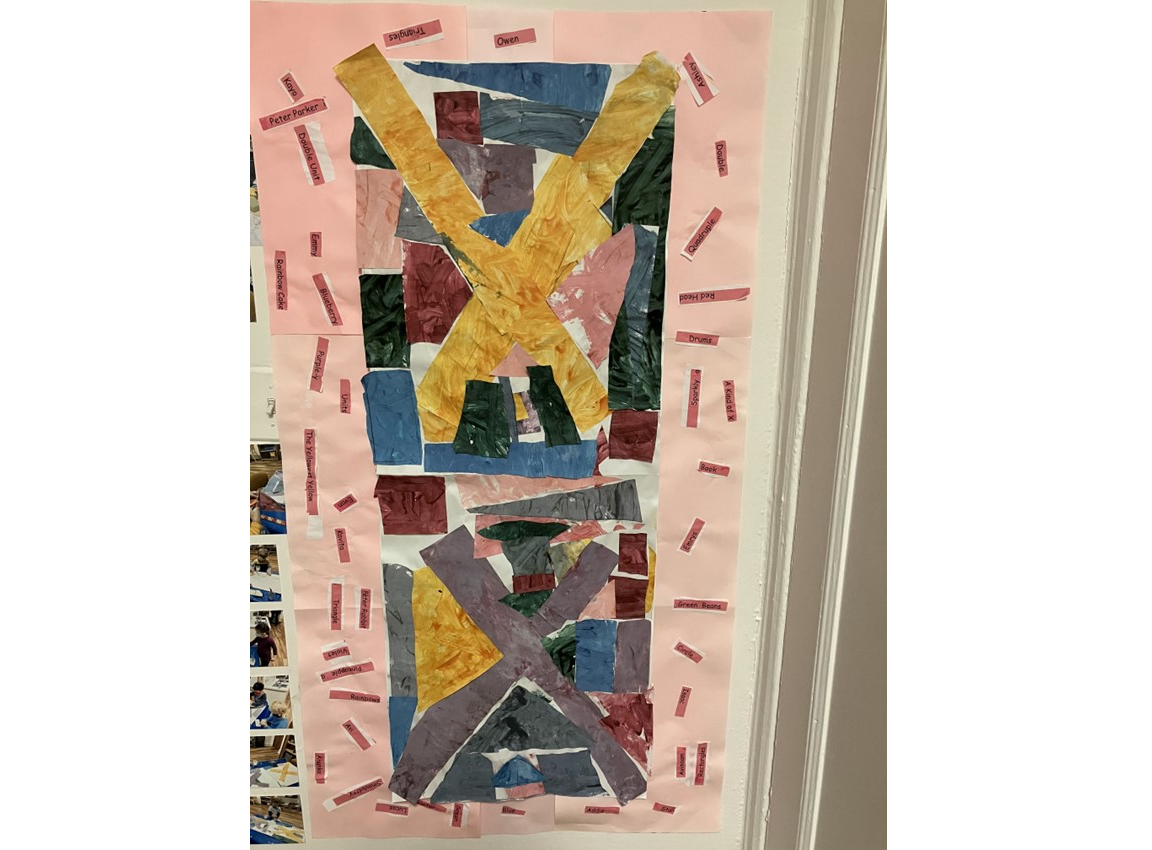The Leadership Initiative invited its members to reflect on different aspects of leadership, bringing to light unique pathways, approaches, challenges and lessons learned. TLC hopes that through this series you get to know these diverse individuals and take away an appreciation for their journeys and leadership skills and its impact on the lives of children, families, their staff and communities.
Kim Stewart is the Director of Seneca Babcock Early Childhood Academy in Buffalo, NY. I had the privilege to sit down with Kim and hear her story/pathway to Early Childhood Leadership. Kim uses a trauma informed lens in all the work she does. This lens supports children, families and the staff she supervises.
Tell us about your pathway to leadership.
When I reflect upon my childhood and the individuals in my life, this is where my leadership journey begins. When I was a child, I lost both of my parents and this forced me to create my own path. I was the leader in my own life and in some ways this naturally brought out my leadership attributes while at the same time I was reacting to the trauma of being alone in the world. I became a teenager with challenging behaviors to say the least and during these years I did my best to push everyone away. Luckily, I failed at that goal and was fortunate enough to have caring teachers that were able to look past those behaviors and see something in me that I could not see in myself. These experiences led me to education with the goal of helping other children find the support and resilience that teachers and caregivers are so uniquely positioned to give.
While I worked towards my first education degree, I was a young mom working full time while attending classes; I was tired, guarded, and I was just trying to blend in. Little did I know, but as I was trying to manage the life of a single mom, employee, and student, my children’s caregivers were judging me because of my lack of interactions with them. These same caregivers shared this story with me years later with such deep regret and it changed how I approached leadership. It was through the talented leadership of that program’s director that guided these judging caregivers to consider ‘what happened to her’ instead of ‘what is wrong with her’. Thanks to this director, I was the beneficiary of a trauma informed approach as a parent and would soon learn so much from this same director as an employee because she gave me the opportunity to work at that same program and grow professionally myself. She, an accomplished social worker, was my first mentor, and the one I still reflect upon as an Early Childhood Leader. She was the one that taught me to meet individuals where they are, to not judge “the book by its cover”, and to work hard on building trusting relationships even with those parents who need a more creative approach. Through this experience I learned about NAEYC, best practice, and using a trauma informed lens. She challenged my supervisory skills and invested in my leadership abilities -she believed in me and all of our team.
After I completed my degree, eventually I landed a job in the early childhood field and caught the early childhood ‘bug’. I knew that early childhood was where I could make a difference for children and families. This passion led me to work at Head Start where I learned so much about development, family involvement, teaching adults, and trauma. As I navigated through my career, I was lucky enough to land at amazing agencies that really guided my teaching style along with my leadership path. I learned about budgeting and running a business, I learned about the importance of advocacy work and how to connect with community efforts that were already making important strides, and I learned about interventions to support families, children, and our teaching teams. It was when I became the director of a program that specialized in working with children with extremely challenging behaviors through an approach that used social work and best early childhood practice that I finally felt my true calling. Every single member of our team was trained in a researched based intervention that was founded in the trauma informed approach. We welcomed children who had been expelled from multiple programs and who exhibited behaviors such as kicking, swearing, biting, running, and hitting. Using a trauma informed approach, we were able to have great success with the children in the classroom and the families also had support to help them learn the same techniques at home. We changed the course for so many children through the dedication and consistency of our team. So many families cried in my arms with such relief, children were able to make real friendships and even have play dates, and the teachers felt empowered that they could make a difference in the life of a child that went far beyond typical academics. My own journey had come full circle- from a survivor of trauma to a leader in a trauma informed approach where my inner child could finally breathe a sigh of relief knowing I was doing what I was always meant to do.
My role now is one of not only leadership for my agency, but also one of mentor and advocate. I sit on several committees, mentor new and upcoming directors, and have done multiple workshops on the topic of trauma with children and staff. Our agency keeps growing because the need for understanding, compassion, and dedication when working with children of trauma and their families keeps growing. Our work is far from done and we are ready to keep going.
What key issues influence your work?
My biggest influence for the work I do is a motto I have lived by my entire career: “every child should feel what it is like to be liked best.” As the early child care field, works to the reduce of expulsion rates for daycare and the overwhelming poverty that far too many children and families live in, I am motivated to keep going, learn more, and keep educating others. I look at communities and try to identify the needs that are not met and we try to partner with other agencies to close that gap.
Another key influence on my work is the early childhood profession itself. I am a longtime advocate that early childhood teachers need better pay, benefits, and support. I feel strongly that our profession needs to attract the best and brightest to enter our field and currently we are not positioned to do that. I have also have been using a trauma lens when I interview and mentor staff. So many people enter into our profession as survivors of trauma and are often paired with teams that do not have a clear understanding of what trauma can look like in adults causing employers to miss out on the potential some staff have. Trauma informed supervision is something I talk about a lot in hopes that people will use that consideration not only on the families they serve but on the teaching teams they employ.
Who are you and who do you want to be as a leader?
I see myself as an early childhood leader and as an educator. I am one who can see those who are often dismissed or overlooked whether they be a small child, a struggling parent, or a guarded teacher. Now as an adult and a survivor of trauma, I have reflected on those early years of mine knowing that the pathway to education was the right one for me. What still surprises me is my desire to lift up other adults in the field. I have such a passion for making a difference in the lives of children, but I realize my work can’t end there-too many survivors of trauma need someone to ‘see’ them and cheer for them. There is a ripple effect in supporting others, be it in my programs, teachers in the classrooms or other early childhood leaders in the Buffalo area and I find that very rewarding.
As for who I want to be as a leader, this is something I think about almost daily. I think I have transformed as an educator to a fierce advocate that raises awareness on the topics I am passionate about. But still, the biggest compliment for me is when an adult reflects back to their childhood and they remembered me as their teacher with fondness and love! Knowing that I have brought a little magic to somebody’s childhood means everything to me. As I look into the future in my role as an early childhood leader, my hope is that someday I am met by a fellow advocate, a teacher or a parent who remembers me with excitement and fire because somehow I was able to support them, taught them something, or made them laugh during times of struggle, and they felt inspired to do a little bit more for children. For me, it’s all about the children and creating environments where they can find their joy surrounded by people who care no matter what. I was a child who had joy taken from them and it was a teacher who helped me find it again-I want to be that teacher!
Kim LoDico is the Western NY Leadership Initiative Regional Coordinator at the Institute.




Your NAEYC workshop Challenging Behaviors: Strategies to Support Our Most Difficult Children was phenomenal! Hands down the best workshop of the conference. I am so glad that you have such a passion for children, and children of all walks of life! Your trauma informed lens is amazing, you can really make a difference in the lives of the children, their families, and the staff. Thank you for your dedication to the field of Early Childhood Kim!
God bless you!! Thank you for sharing your story and being able to rise above your challenging life circumstances to share your passion with others. You’re amazing! I look forward to using and sharing the information you presented in the NAEYC workshop. You’ve blessed my life today!! ;o))